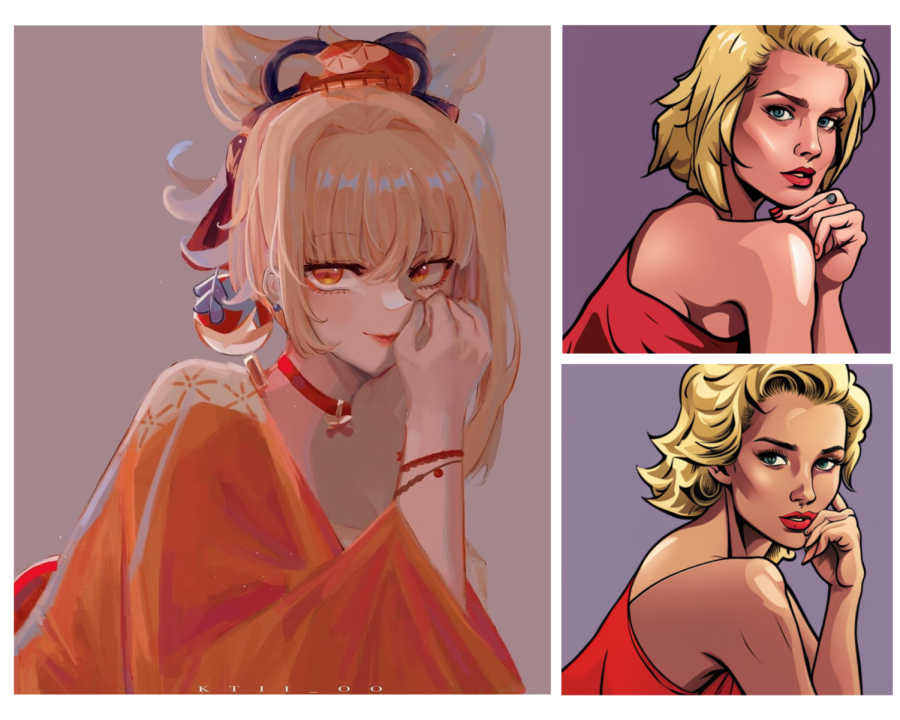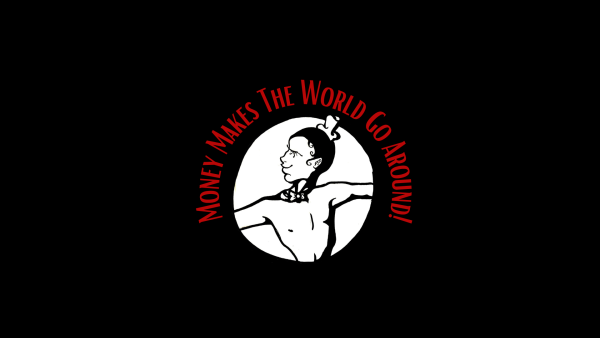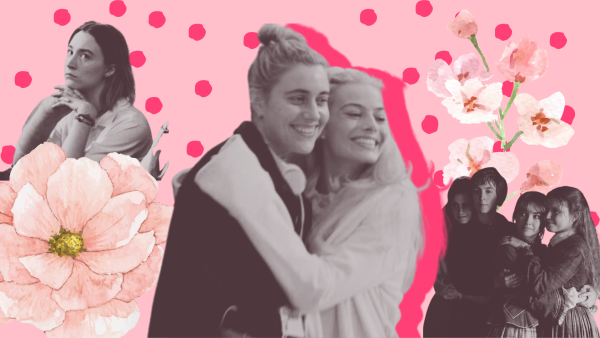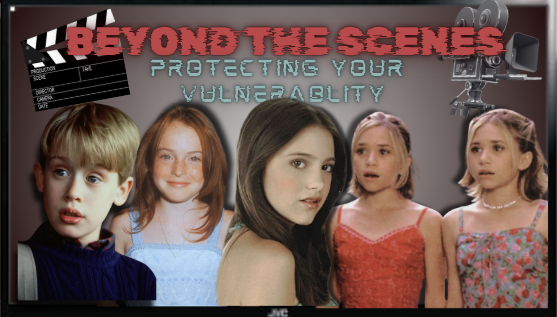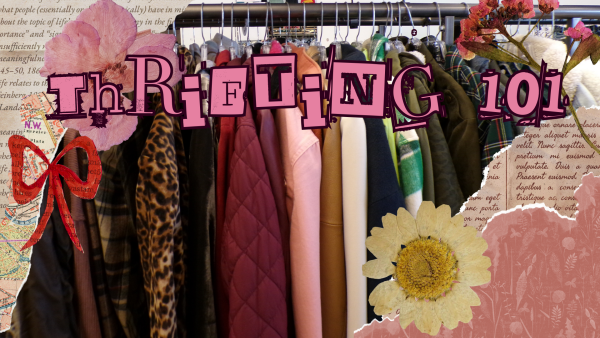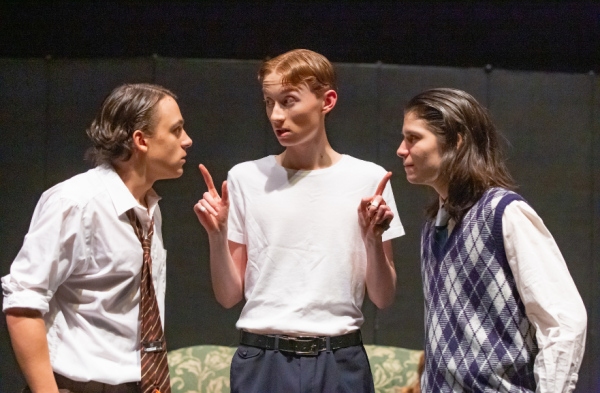How Ethical is AI Art?
Collage of human made art and AI generated art. On the left is art made by ktii_oo and the two pieces on the right were generated using Stability AI. (Collage by Ally Espiritu)
The topic of artificial intelligence has always brought mixed debate, with some looking optimistically at the new opportunities AI could produce, and others focusing on the jobs that AI could take away from humans. With the recent rise of AI art generators, the ethicality of AI has been brought up on a larger stage. While AI art generators are capable of creating new forms of art, many individuals question whether the art generated is an infringement of an artist’s copyright.
The process to generate AI art is very simple: a person types in specific keywords which the AI uses to search through a database of previous works to mesh together in a newly formed art piece. It is this simplicity that many artists protest against, arguing that their skills have taken years to develop, but AI can take their work in a second. The databases often include art pieces that are taken from the internet and used without consent, also bringing up the issue of copyright violations.
Huntington Beach High School (HBHS) sophomore and artist Marian Hsieh says, “There definitely should be consent in using art for AI generators because the problem right now is that AI generators are stealing people’s art.”
The danger to artists has already been proven with many AI generators being trained to replicate an artist’s style. An example of this occurred after the death of Kim Jung Gi, a South Korean manhwa artist famous for highly detailed illustrations, in October 2022. Three days after his death, an AI art generator was made using his artwork, which allows people to generate art pieces in Kim’s art style.
The art industry is notorious for overworking and underpaying artists, but with the perfection of AI art generators, human artists could be exploited even more. Similarly to what happened to Kim Jung Gi, people could use an artist’s art style without having to employ them in the first place. The art style and art pieces used to train the AI are an artist’s intellectual property, and allowing AI users to profit off of this can harm the business of the original artist.
“The main problem I see with it is using AI to change the artwork a little bit, then claiming it’s their own piece, which is sort of like tracing where there’s no difference in the aspect of it being stolen,” says Annika Wang, an HBHS sophomore artist.
Many AI users argue that coming up with a specific prompt to generate art takes creativity and that because of this it can be considered theirs and be used for their profit. However, the US Copyright Office disagrees with this and denies AI users copyright on the basis that there is no human authorship involved. A person can only claim copyright if they have made a significant contribution to the artwork, such as modifying or rearranging the image, and they can only claim copyright to that contribution.
In addition to this, many artists have begun to team up to file lawsuits against AI generators like Stable Diffusion. Getty Images has filed a lawsuit against Stable Diffusion for using unlicensed images in their database. The case is still ongoing, and Getty Images has taken the position that images used in AI databases must be licensed, especially if used for commercial purposes. The AI generator Midjourney stated that if a person infringes someone else’s intellectual property they will be held liable for any loss of profits or lawsuits.
“People already seem to see the negative influence of AI art and are leaning away from AI art and seeing genuine artwork from actual artists,” continues Wang.
While there are some nuances to the copyrights of AI-generated art, the law seems to be in favor of human artists. AI users have begun to feel the repercussions of their actions, and if artists’ rights continue to be protected, then AI art could continue to be used ethically no matter how far it progresses.
Your donation will support the student journalists of Huntington Beach High School. Your contribution will allow us to cover our annual website hosting costs.
Thank you for supporting our program!


